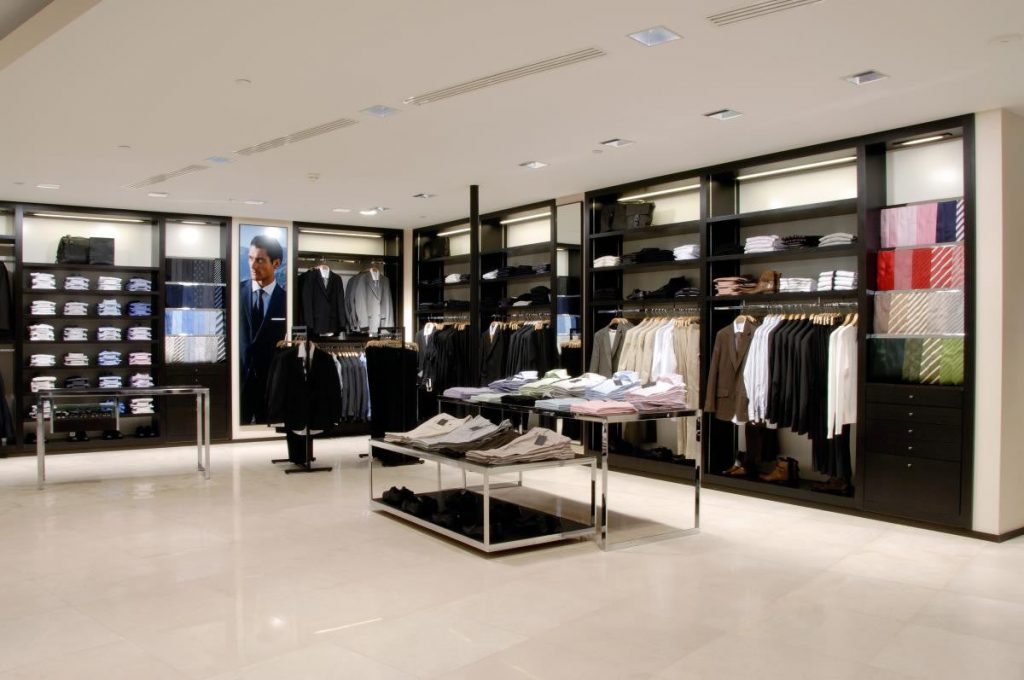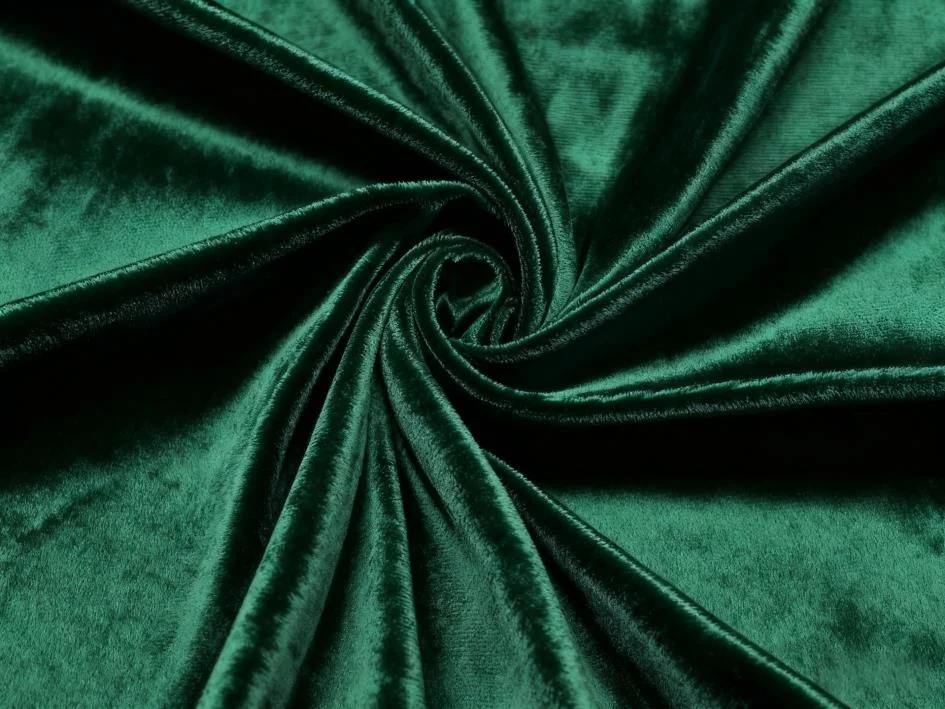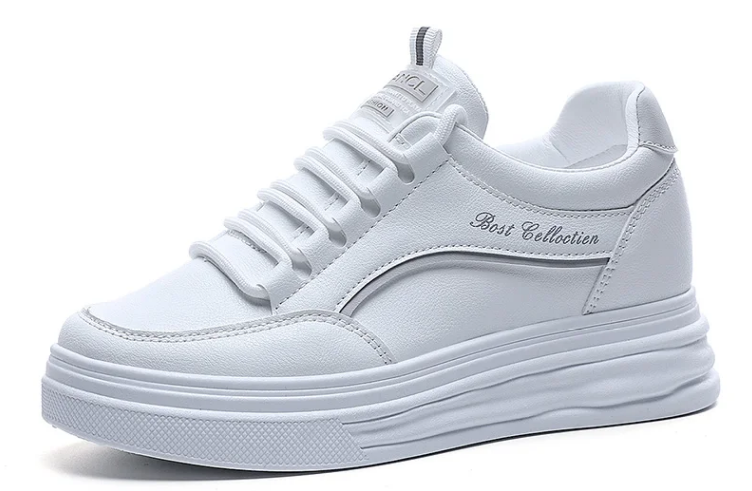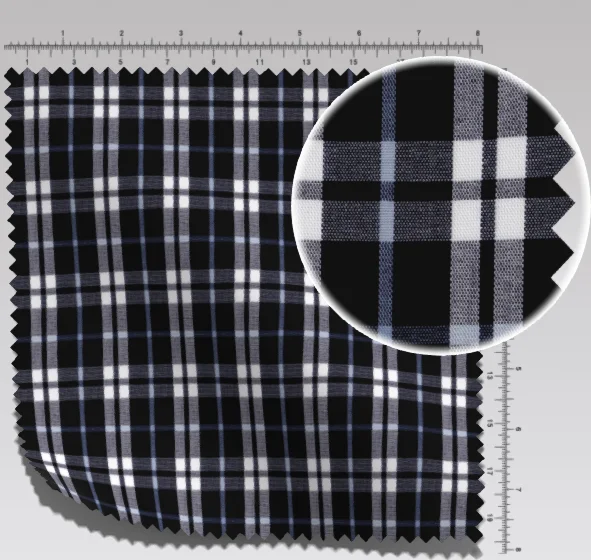The Luxury Paradox: Does Opulence Truly Breed Happiness?
2 min read
In the grand tapestry of life, the pursuit of happiness is a common thread that weaves us all together. However, the path to this elusive state of bliss varies from person to person. For some, the acquisition of luxury goods and experiences is seen as a surefire way to attain happiness. But does luxury truly make you happy? This question, simple as it may seem, is a complex one that warrants a deep dive into the realms of psychology, sociology, and economics.
The allure of luxury is undeniable. The glimmer of a diamond, the plush leather of a designer handbag, the sleek lines of a high-end sports car – these are symbols of status and success that many aspire to. The luxury industry, valued at over $1 trillion, thrives on this desire. But beyond the initial thrill of acquisition, does owning these luxury items lead to sustained happiness?
Research in the field of positive psychology suggests that the answer is not as straightforward as it might seem. While luxury goods can provide a temporary boost in happiness, this effect tends to be short-lived. This phenomenon, known as hedonic adaptation, explains why the joy we derive from new possessions tends to fade over time.
Moreover, the pursuit of luxury can sometimes lead to a vicious cycle of dissatisfaction. As we acquire more, our expectations and desires also increase, leading to a never-ending chase for the next big thing. This 'luxury fever' can result in stress, anxiety, and a constant feeling of inadequacy.
On the other hand, experiences, rather than possessions, have been found to provide more lasting happiness. A study published in the Journal of Positive Psychology found that people who spent money on experiences rather than material goods were happier and felt their money was better spent. The memories and personal growth resulting from experiences like travel, learning a new skill, or attending a concert can provide a sustained sense of satisfaction that material possessions often fail to deliver.
However, it's important to note that the relationship between luxury and happiness is not one-size-fits-all. Personal values, cultural context, and individual perceptions play a significant role in shaping this relationship. For some, luxury goods might indeed contribute to their happiness by fulfilling a sense of achievement, providing aesthetic pleasure, or enhancing their social status.
In conclusion, while luxury can provide temporary happiness, it is not a guaranteed path to sustained contentment. The key to happiness lies not in what we possess, but in how we live our lives – the experiences we have, the relationships we nurture, and the personal growth we pursue. As the old adage goes, The best things in life aren't things.



